Welcome to our comprehensive guide on renewing your vehicle registration in Kansas. As a proficient SEO and high-end copywriter, we understand the importance of creating content that outranks others. In this article, we’ll provide you with detailed information about the vehicle registration renewal process in Kansas, including eligibility, required documents, methods of renewal, fees, and more. By the end of this guide, you’ll have all the knowledge you need to navigate the process smoothly and stay ahead on Google’s search rankings.
Understanding the Vehicle Registration Process in Kansas
What is Vehicle Registration?
Vehicle registration in Kansas is an official process conducted by the Kansas Department of Revenue (DOR) to establish legal ownership of a motor vehicle within the state. This process involves obtaining a registration certificate, license plates, and a vehicle decal that indicates the registration’s expiration date.
Importance of Vehicle Registration
Vehicle registration is crucial as it ensures proper identification of your vehicle by law enforcement, maintains accurate records, and ensures compliance with state regulations. Moreover, it plays a vital role in public safety and accountability on the roads.
The Kansas DMV Registration Renewal Process Explained
The vehicle registration renewal process in Kansas requires providing your vehicle’s information, proof of insurance, and other necessary documents to the Kansas DOR. After verification, the department will issue your registration certificate and license plates, allowing you to legally operate your vehicle within the state.
Types of Vehicles that Require Registration
Various types of vehicles require registration in Kansas, including passenger cars, motorcycles, trucks, trailers, recreational vehicles (RVs), and commercial vehicles. Each type of vehicle has specific registration requirements that you should be aware of.
Kansas Vehicle Registration Renewal Process
Eligibility for Registration Renewal
To be eligible for registration renewal in Kansas, you must be the vehicle’s owner, and the registration must not be expired for more than 60 days. Additionally, your vehicle must meet any necessary emission and inspection requirements.
Methods of Renewal
Kansas offers multiple methods for renewing your vehicle registration:
- Online Renewal: The most convenient option, allowing you to renew your registration through the official Kansas DOR website.
- In-Person Renewal: Visit your local Kansas DOR office to complete the renewal process in person.
- Mail-in Renewal: If eligible, you can renew your registration by mail by sending the required documents and fees to the Kansas DOR.
Required Documents for Renewal
When renewing your vehicle registration, you’ll need to provide the following documents:
- Vehicle Information: This includes the vehicle identification number (VIN), make, model, and year.
- Proof of Insurance: You’ll need to show proof of valid auto insurance that meets Kansas’s minimum requirements.
- Identification Documents: Valid identification, such as a driver’s license or state-issued ID, is required.
Calculating Registration Renewal Fees
The registration renewal fees in Kansas depend on various factors, such as the type of vehicle, its weight, and any applicable local taxes. The Kansas DOR provides a fee chart to help you calculate the exact amount you need to pay.
Factors Affecting Renewal Fees
Several factors can affect the registration renewal fees, including:
- Vehicle Type: Different types of vehicles have varying registration fees.
- Vehicle Weight: Heavier vehicles may have higher registration fees.
- Local Taxes: Some areas may impose additional local taxes on vehicle registration.
Common Fee Structures
While the fees may vary, a general fee structure for registration renewal might look like this:
- Passenger Cars: $40
- Motorcycles: $25
- Trucks and Commercial Vehicles: Based on weight and classification
- Trailers: Based on weight and type
When to Renew Vehicle Registration in Kansas
Understanding Registration Expiration Dates
In Kansas, vehicle registrations typically expire on the owner’s birthday, based on the first owner’s name listed on the registration. It’s crucial to be aware of your registration’s expiration date to avoid driving with an expired registration.
Grace Periods and Late Renewals
Kansas offers a grace period for renewing your vehicle registration, allowing you to drive with an expired registration for a limited time without facing penalties. However, it’s best to avoid late renewals to prevent any potential issues.
Consequences of Driving with Expired Registration
Driving with an expired registration can lead to fines, penalties, and even having your vehicle impounded. Moreover, it may impact your insurance coverage and result in increased premiums.
Tips for a Smooth Registration Renewal Process
Marking Renewal Dates in Advance
To avoid forgetting your registration renewal date, mark it on your calendar or set a reminder on your phone.
Updating Vehicle Information
Ensure all your vehicle information, such as your address, is up-to-date with the Kansas DOR to avoid any delays in the renewal process.
Ensuring Insurance Compliance
Maintain valid auto insurance that meets the state’s requirements throughout the registration period.
Using Online Renewal Services Effectively
If you choose to renew online, familiarize yourself with the process beforehand to ensure a smooth experience.
Frequently Asked Questions (FAQs) about Kansas DMV Registration Renewal
- What are the consequences of driving with an expired registration in Kansas?
Driving with an expired registration can result in fines, penalties, and potential impoundment of your vehicle.
- Can I renew my registration if my vehicle doesn’t pass the emission test?
No, you must pass the emission test before renewing your registration.
- How do I find my registration renewal date?
Your registration renewal date is based on the first owner’s name listed on the registration and typically falls on your birthday.
- Can I renew my registration online if I have outstanding parking tickets?
No, you must resolve any outstanding parking tickets before renewing your registration online.
- Is there a grace period for registration renewal in Kansas?
Yes, Kansas offers a grace period for renewing your registration, but it’s best to avoid driving with an expired registration.
- Can I renew my registration early?
Yes, you can renew your registration up to 90 days before the expiration date.
Tips for Handling Registration Renewal Issues
Dealing with Missing Renewal Notice
If you didn’t receive a renewal notice, you can still renew your registration using alternative methods.
Address Change During the Renewal Period
If you’ve moved, update your address with the Kansas DOR to ensure the renewal notice reaches the correct location.
Handling Registration Renewal for Out-of-State Vehicles
If you have an out-of-state vehicle, you must register it in Kansas if it will be primarily operated within the state.
Special Cases for Kansas DMV Registration Renewal
Military Personnel Registration Renewal
Kansas offers special considerations and benefits for active-duty military personnel when renewing their vehicle registrations.
Registering Leased Vehicles
If you have a leased vehicle, the leasing company may handle the registration renewal process.
Renewing Registration for Antique or Classic Cars
Antique and classic cars have specific requirements for registration renewal in Kansas.
Avoiding Common Mistakes During Registration Renewal
Incorrectly Filled Application Forms
Ensure all the information on your application forms is accurate and up-to-date to prevent delays.
Failure to Provide Proper Documents
Make sure you have all the necessary documents ready before starting the renewal process.
Not Paying Renewal Fees on Time
Avoid late fees by paying your renewal fees before the expiration date.
Understanding Vehicle Inspections in Kansas
Requirements for Vehicle Inspections
Certain vehicles may require inspections before registration renewal.
Getting a Vehicle Inspection for Renewal
Schedule a vehicle inspection if your vehicle requires one before renewal.
Exemptions and Waivers
Some vehicles may be exempt from inspections or eligible for waivers under certain conditions.
Registering New Vehicles in Kansas
Process for Registering Newly Purchased Vehicles
Learn the steps involved in registering a newly purchased vehicle in Kansas.
Temporary Registration Permits
If you need to operate your newly purchased vehicle before completing the registration process, you can obtain a temporary registration permit.
Obtaining License Plates for New Vehicles
Learn how to acquire license plates for your newly registered vehicle.
Transferring Vehicle Ownership and Registration
Steps for Transferring Ownership
If you’re buying or selling a vehicle, understand the steps involved in transferring ownership and registration.
Transferring Registration to a New Owner
Learn how to transfer the registration of a vehicle to a new owner.
Handling Vehicle Registration for Different Vehicle Types
Motorcycles and Mopeds
Motorcycles and mopeds have unique registration requirements in Kansas.
Recreational Vehicles (RVs)
Registering an RV requires understanding the specific regulations and requirements.
Commercial Vehicles
Commercial vehicles, including trucks and buses, have different registration processes and fees.
Updates and Changes in Vehicle Registration Laws
Recent Changes in Kansas Registration Laws
Stay informed about recent changes in registration laws that may impact your renewal process.
Anticipated Future Updates
Be prepared for any upcoming changes or updates in Kansas vehicle registration laws.
Conclusion
In conclusion, renewing your vehicle registration in Kansas is a straightforward process if you understand the requirements and follow the guidelines. By ensuring timely renewal, maintaining up-to-date information, and complying with state regulations, you can continue to enjoy the freedom of the road while staying legal and responsible. Remember, a well-maintained registration is not just a legal obligation; it also contributes to safer roads and a well-organized transportation system in the state of Kansas. So, stay informed, plan ahead, and keep your vehicle registration up-to-date!

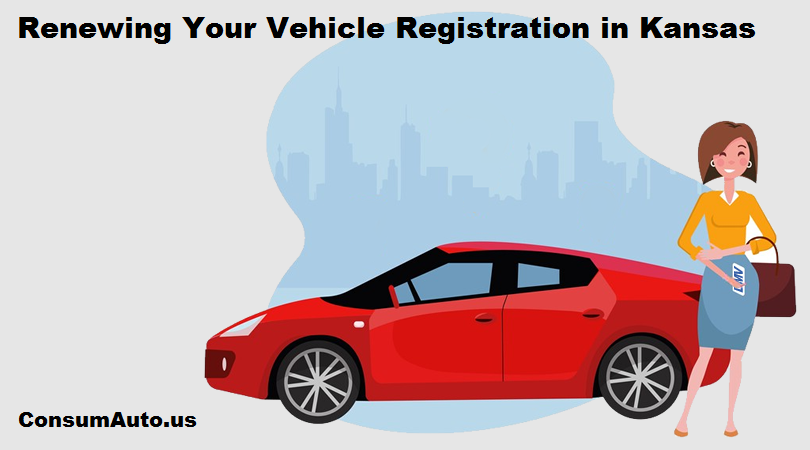


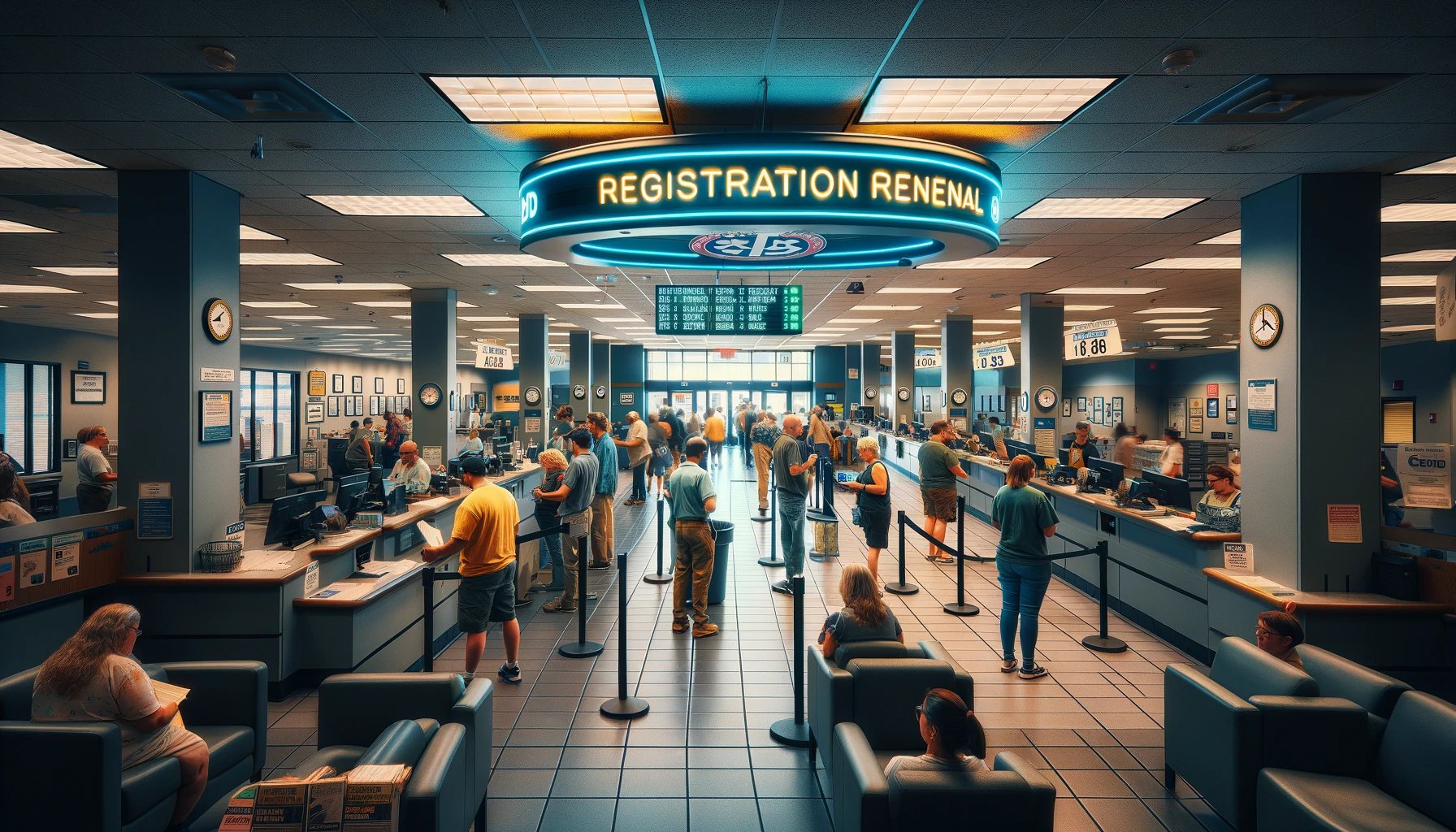
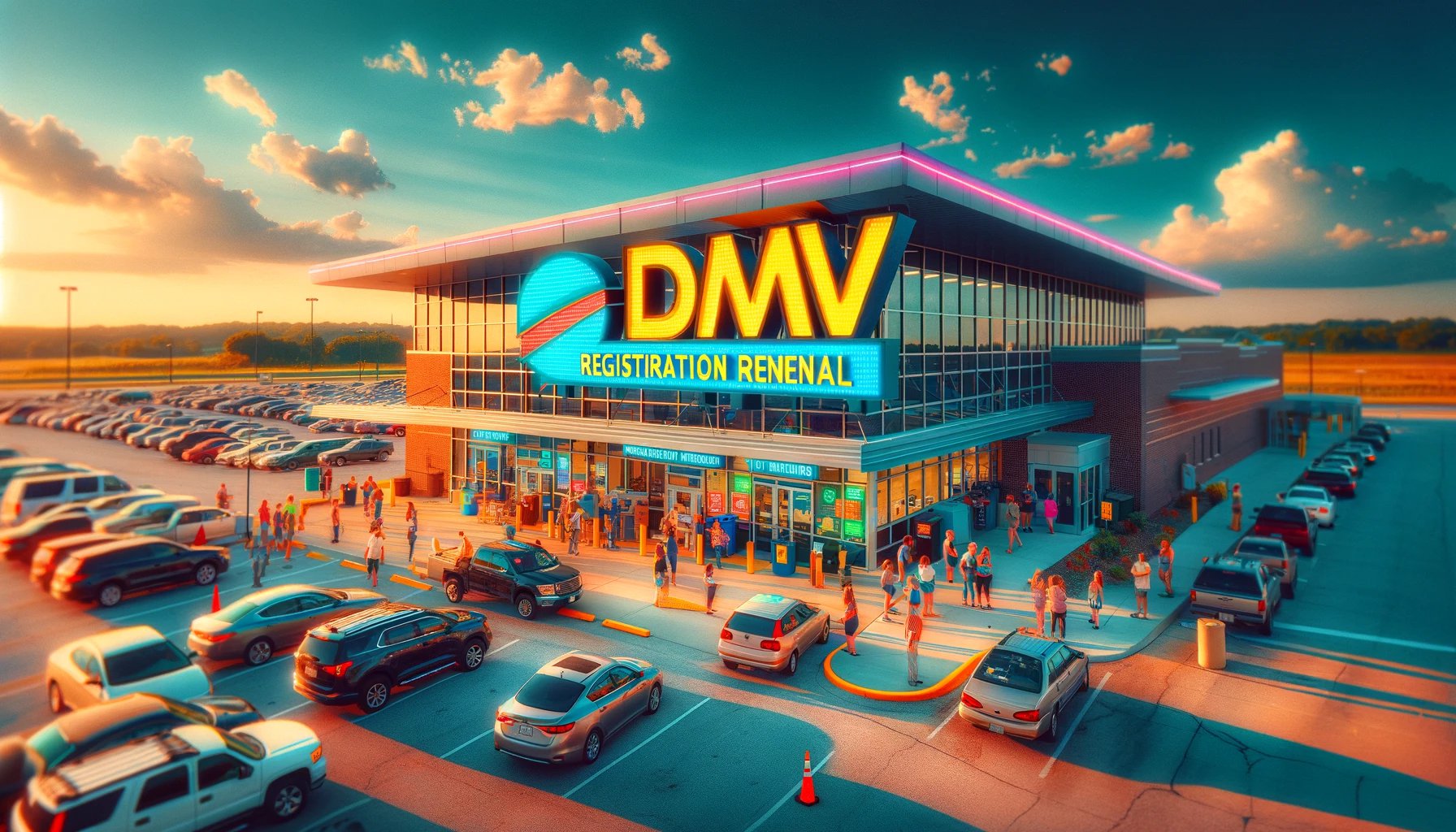
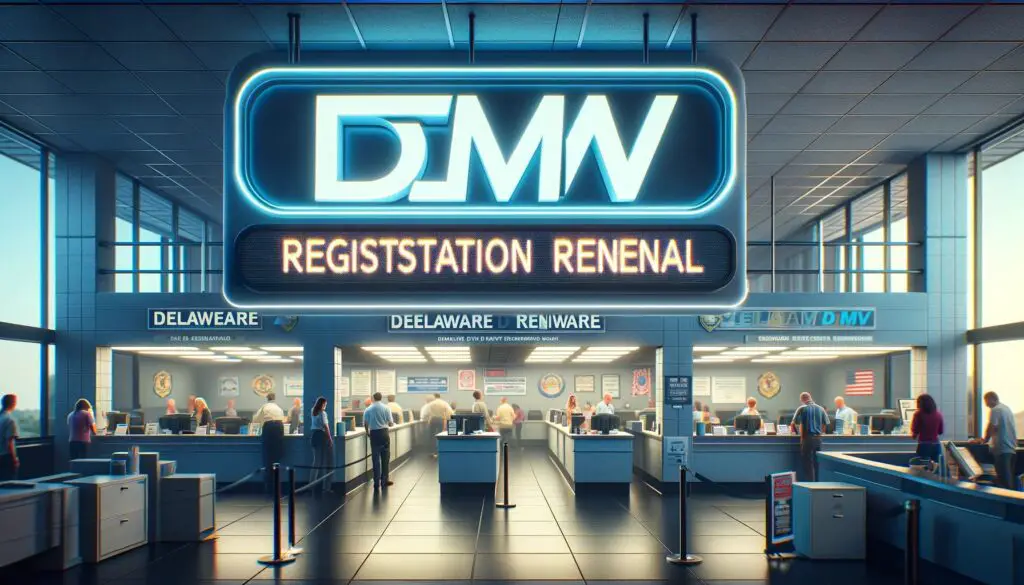
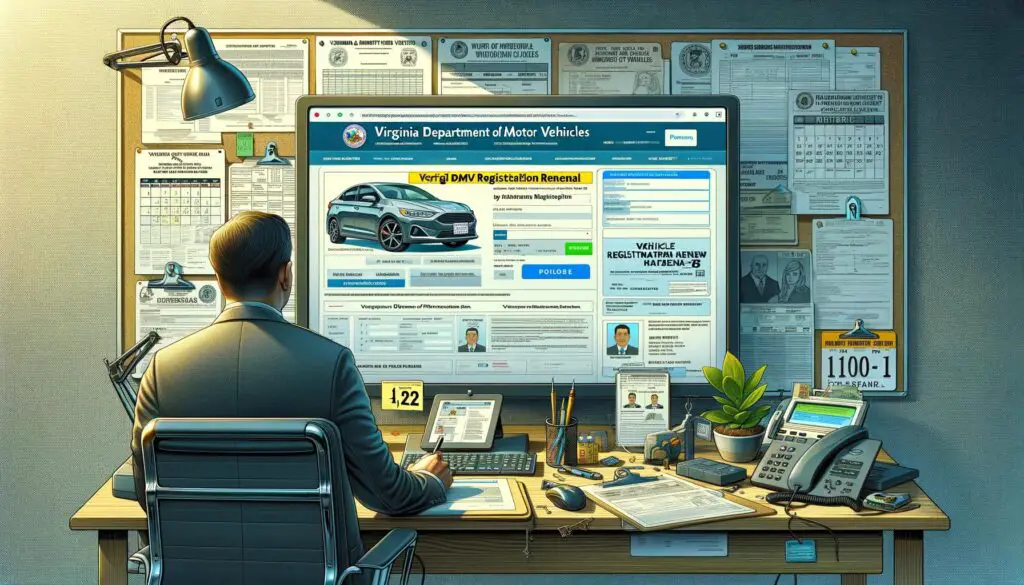
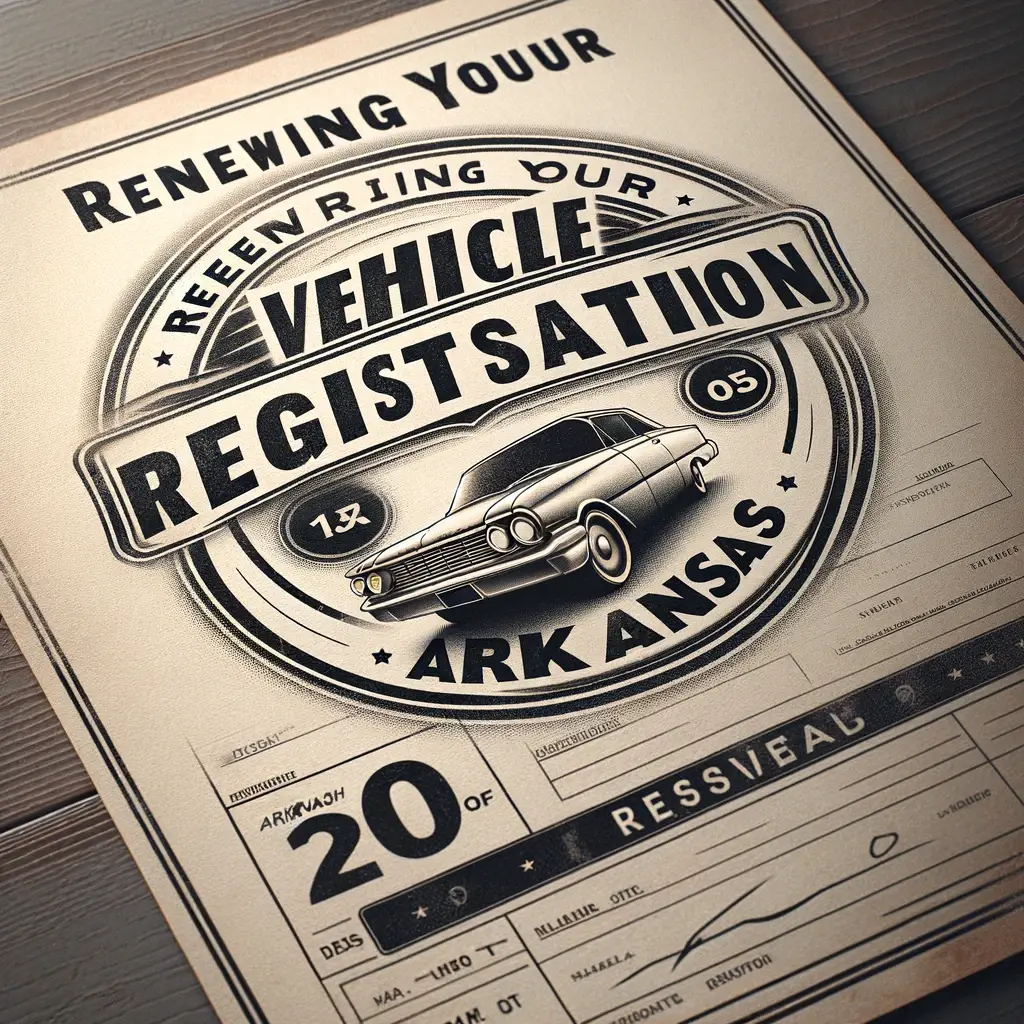
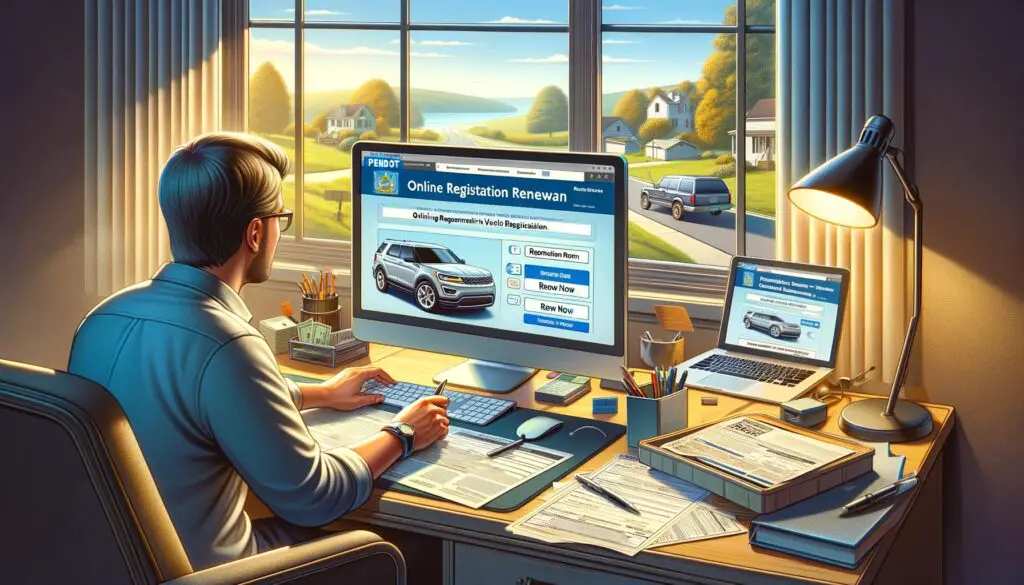




1 thought on “Renewing Your Vehicle Registration in Kansas: A Comprehensive Guide”